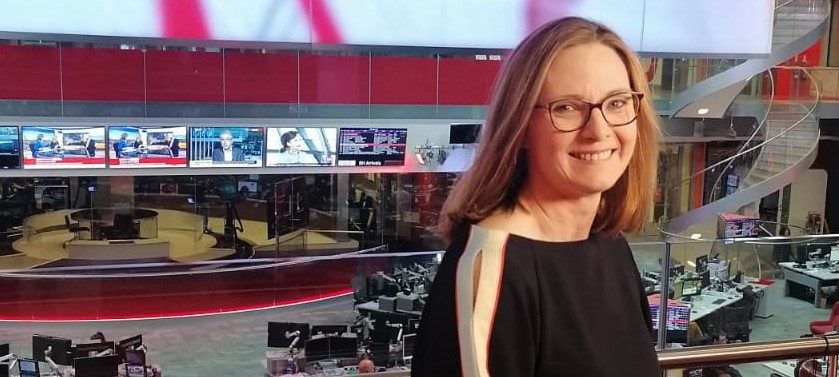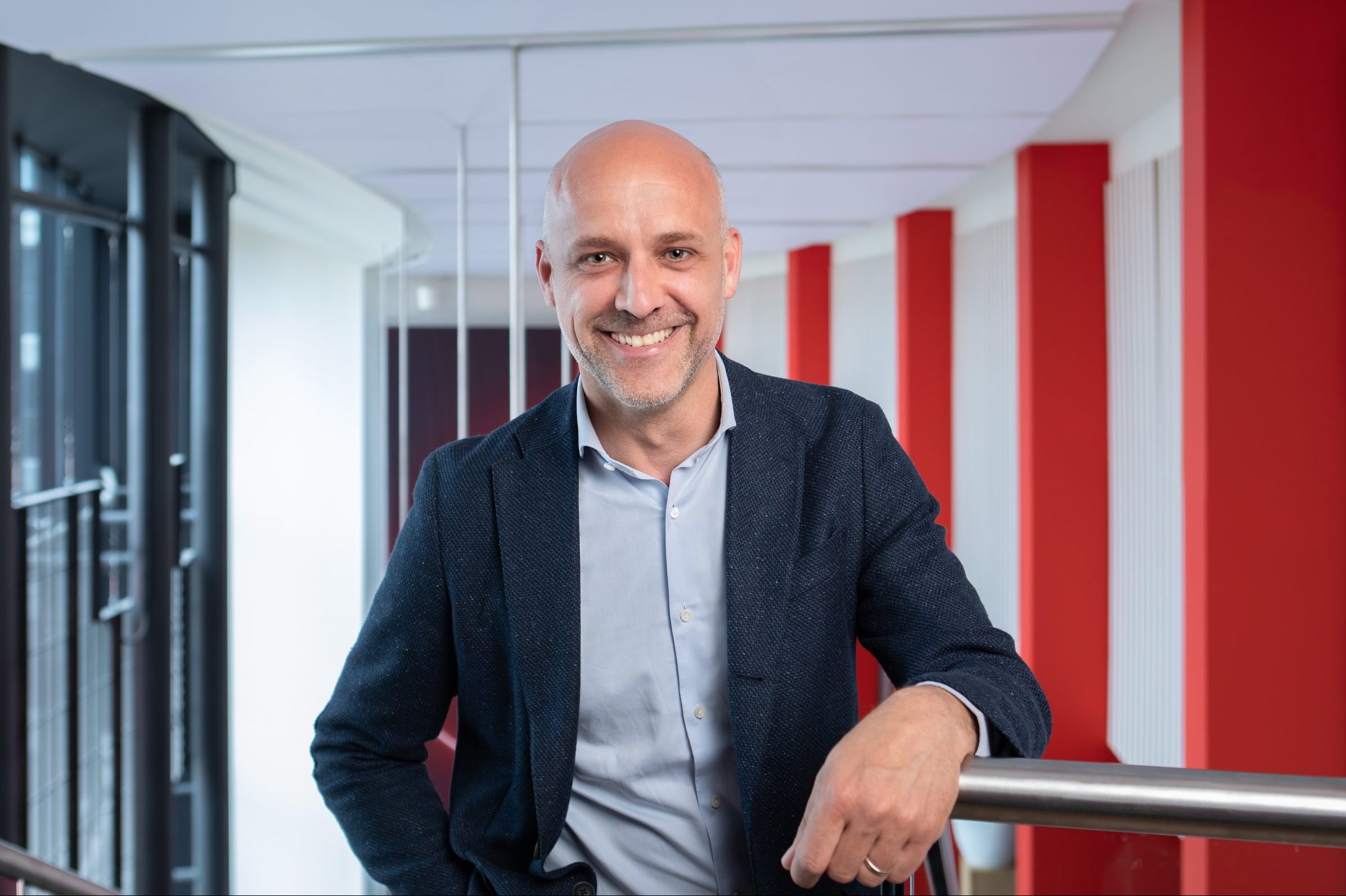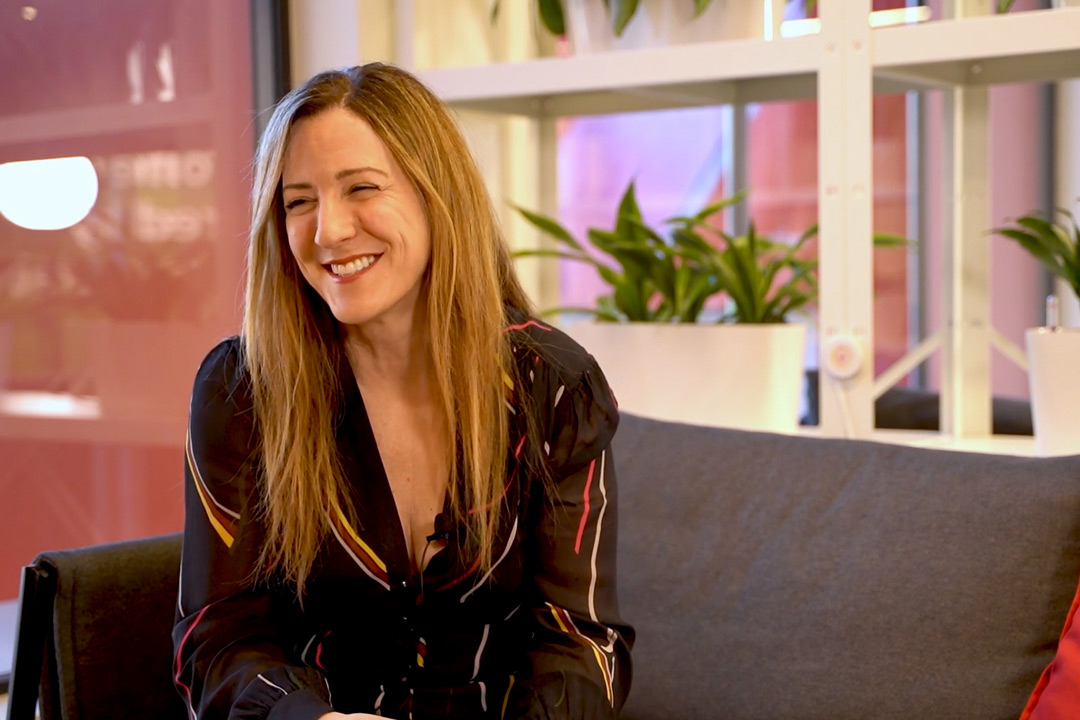
Not if we can help it, says Helen Lamprell, Vodafone UK’s General Counsel and Director of External Affairs, reflecting here on gender diversity and equal pay in the workplace, and the women who have inspired her to champion these causes.
My grandmother qualified as a doctor before the Second World War and worked well into retirement as a locum. Similarly, my mother held down a successful career. So it never occurred to me that I would not.
It was a surprise therefore to discover so few women in senior roles when I started work. It was even more of a surprise to discover that many of my peers, many of whom were far smarter than me, would leave the workplace.
This happens for many reasons.
The myth of the “yummy mummy” is alive and well, but for most people it is simply too stressful and difficult to balance two careers, especially with the long hours culture that was so endemic a few years back and still persists today.
Even where women remain in the workplace, they often end up caring for children and parents and take part time roles to make this possible.
And, of course, we still have the issue that the careers women choose – either through genuine choice or gender stereotyping – are less well paid. The cumulative effect is the gender pay gap, which we are told we won’t close for 99 years. This is truly depressing, because as the amazing Sarah Lee said to me at an International Women’s Day event: “I’m so bored of talking about this still”.
I don’t think she meant she was tired of trying to solve the issue, but tired of the persistence of the problem.
Complex problem
But there are signs that change may come faster.
As men adopt parental leave in greater numbers. As employers target more effectively those who have left the workplace but who want to come back. As we start to value those careers where women either instinctively (or by gendered propaganda) gravitate towards. As technology makes flexible working more effective. As the prevalence of, and wide access to, data allows people to make informed choices about careers. As the financial consequences of decisions become better understood and action is taken to counter the impacts.
Then perhaps we can reduce that 99 years to something a little more acceptable. But it will take all of this and more because the problem is complex and rooted in our own behaviour.
I’m delighted to have been awarded an OBE in the New Year Honours list for my work championing diversity. I have been so fortunate to work with wonderful people at the Women’s Business Council, including the inspirational Cilla Snowball and the indomitable Helene Reardon Bond. I have encountered people over the years who were role models and champions. I have spoken at events and on panels to try to inspire others but often think I get more from these events than I give. After all I would not have heard Loraine Martins, Director of Diversity and Inclusion at Network Rail, speak so insightfully otherwise.
Passionate for change
Of course, the fantastic team around me has enabled the work I have done – people like Anna Tomkins, Kamala MacKinnon and Laura Hind, who come up with ideas such as working with the Social Market Foundation on the Back on Track report, which highlighted the financial impact to parents of the choices they make. Or the Driving Diversity at the Top report, looking at what we can learn from organisations that show high levels of gender diversity.
And I’m lucky that I chose to work for a company that wants to champion diversity practically, whether that is via mentorship, returner programmes, or progressive parental leave policies. Perhaps one of the reasons I stayed was because they did.
Diversity and inclusion is at the heart of Vodafone and we’re clear that our workforce must reflect the communities in which we operate. Our priority is to encourage our employees to bring their whole selves to work and to celebrate everyone’s differences.
Examples of Vodafone initiatives to support this include our dedicated and passionate employee networks, such as LGBT+ Friends Network, our Multicultural Inclusion Network and the VodABILITY Inclusion network, which provides support and raises awareness for all types of disability and wellbeing.
So there is much more to do to reduce 99 years to something close to acceptable, but at least we are starting to get to grips with some of the things that work and some of the things that don’t.
See a very useful guide from the Government Equalities Office here.
![Nicki-Lead_image[OPTIMISED]](https://www.vodafone.co.uk/newscentre/app/uploads/2023/10/Nicki-Lead_imageOPTIMISED.jpg)

